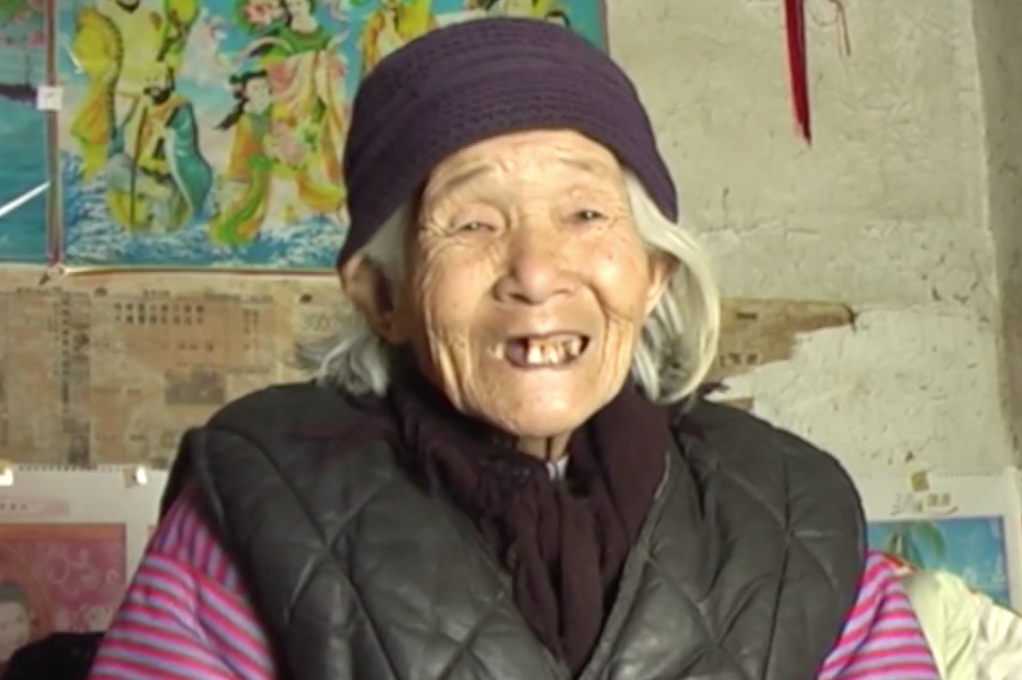
Zou Xueping’s repeated return to her native Zou Village, often the central subject of her work, provokes us to reflect on the changing personal and social values in China, where the logic of capital has sometimes taken over that of kinship. In this oral history interview, in particular, 82-year-old Song Qiuying remembers the many family members who died during the Great Famine, including the shocking experience of witnessing the death of her 11-year-old son. The vivid memory demonstrates to us the burden of losing her loved ones, and more importantly, surviving as a mother who lacked the power to save her own child. The unspoken pain connects us with Song Qiuying, a woman who we have not met, at the most fundamental level of human emotion. At the same time, it also raises the question of ethics for all interviewers and watchers. As Zou Xueping later writes introspectively: “Listening to her story makes me feel that what I’m doing is very cruel, because I know that those painful memories would never disappear from her heart.” The historical and emotional complexity in this interview would certainly open up a difficult dialogue and leave a strong impression.
—Qiyu Lu